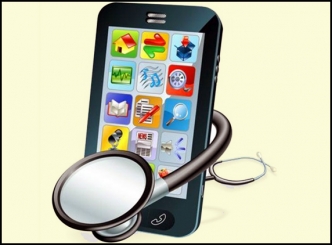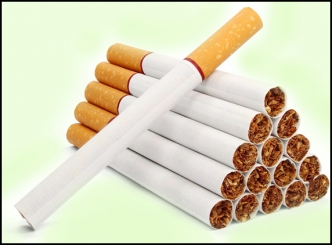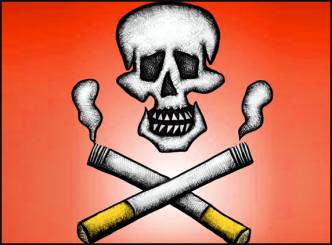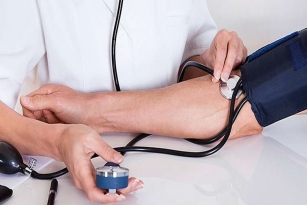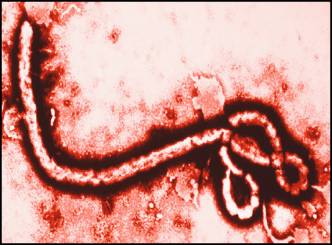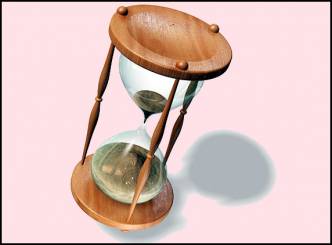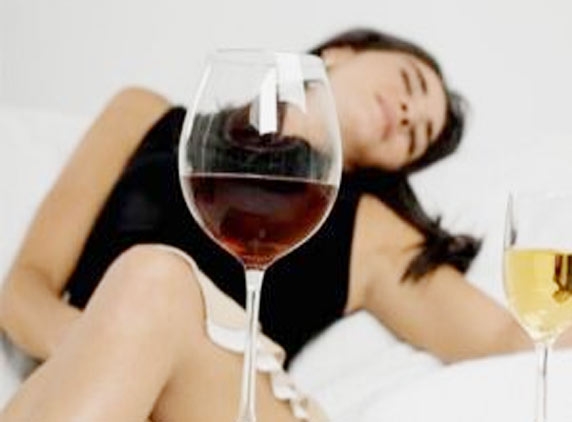
Countless families, no matter their social status, suffer immensely when their husbands, sons, daughters or wives binge on alcohol.
These families suffer silently as booze rules the lives of their loved ones, but let's not confuse alcohol with occasional drinking. In 2009, as per government statistics, approximately 14 million Indians were addicted to alcohol, by which we mean 14 million Indians were dependent on alcohol. But there are ways to spot if your loved one is going to turn into an alcohol addict; it is time to nip it in the bud and save the family.
What is alcohol addiction?
With a spurt of bars and nightclubs offering alcohol, youngsters are more prone to alcohol addiction...or so common perception goes. But does this mean that addiction to alcohol is only a phenomenon of the 21st century? We think not. The importance to be socially accepted, or the need to alter reality are not new emotions in this world. So what is alcohol addiction?
'Alcohol dependence is a psychiatric diagnosis (a substance related disorder DSM-IV) describing an entity in which an individual is addicted to alcohol either physically or mentally, and continues to use alcohol despite significant areas of dysfunction, evidence of physical dependence, and/or related hardship.'
Essentially, if you break the official description down, alcohol addiction can be read as the feeling that your life revolves around alcohol, you consume it in large amounts - often in settings that aren't alcohol related, like breakfast, work or your child's play date - and you are not worried about it affecting your life adversely. Often alcohol addicts experience extreme weight gain or weight loss, and several other health issues.
What are the signs of alcohol addiction?
The major reason why we start drinking is to de-stress. When we are tired and worked up, we have a drink to calm our nerves and relax. But this could turn into an addiction before you know it, especially if you don't find any other outlet for your stress or emotional mood swings. The feeling of being drunk is momentarily priceless but the effects on health and your system are dire.
Some more signs include, getting into trouble due to alcohol like getting arrested for drunk driving, your performance at work suffers and your relationship with loved ones is drastically altered.
If you wake up and crave for a drink, you're abusing alcohol. When you have alcohol to get over a hangover, you're abusing alcohol. If you are trying to quit, but can't, you're abusing alcohol. If moderate drinking isn't working for you, and if two drinks always lead to 20, then it's time to seek professional help, or an intervention.
So how does one quit alcohol?
Weigh the pros and cons of drinking; are you happy to be an alcoholic? Do you receive enough love? Are people around you happy? Do you have any savings in the bank? Next step, if moderation isn't working, then make a commitment to completely give up alcohol. Prepare realistic aims to follow and be ready for the withdrawal symptoms.
If all efforts fail, India has several rehab centers for substance abuse victims. Anonymity is the essence at these centers, there are regular checks and the plan seems foolproof, but the onus is on you. A lot of effort has to come from the alcoholic's part.
Withdrawal symptoms of alcohol addiction
Just like other addictions, when you stop drinking, you will experience certain symptoms. The common signs are:
- Trembling hands
- Restlessness
- Anxiety
- Headaches and trouble concentrating
- Blood pressure increases
- Heart beats faster
- Disorientation
- Vomiting
Several studies suggest that physical engagement in sports, exercise, and healthy eating pursuits help fight alcohol addiction. The healthier your meals are, the less likely is it that your blood sugar levels will fluctuate and set in alcohol cravings.
So, examine your lifestyle and rectify harmful patterns like late nights, lack of exercise and unhealthy binge eating. Enlist support from family and friends, and replace the time spent with alcohol with happier and healthier activities.
However, if you suffer from a serious over-use addiction, then you must consult a healthcare provider immediately.




